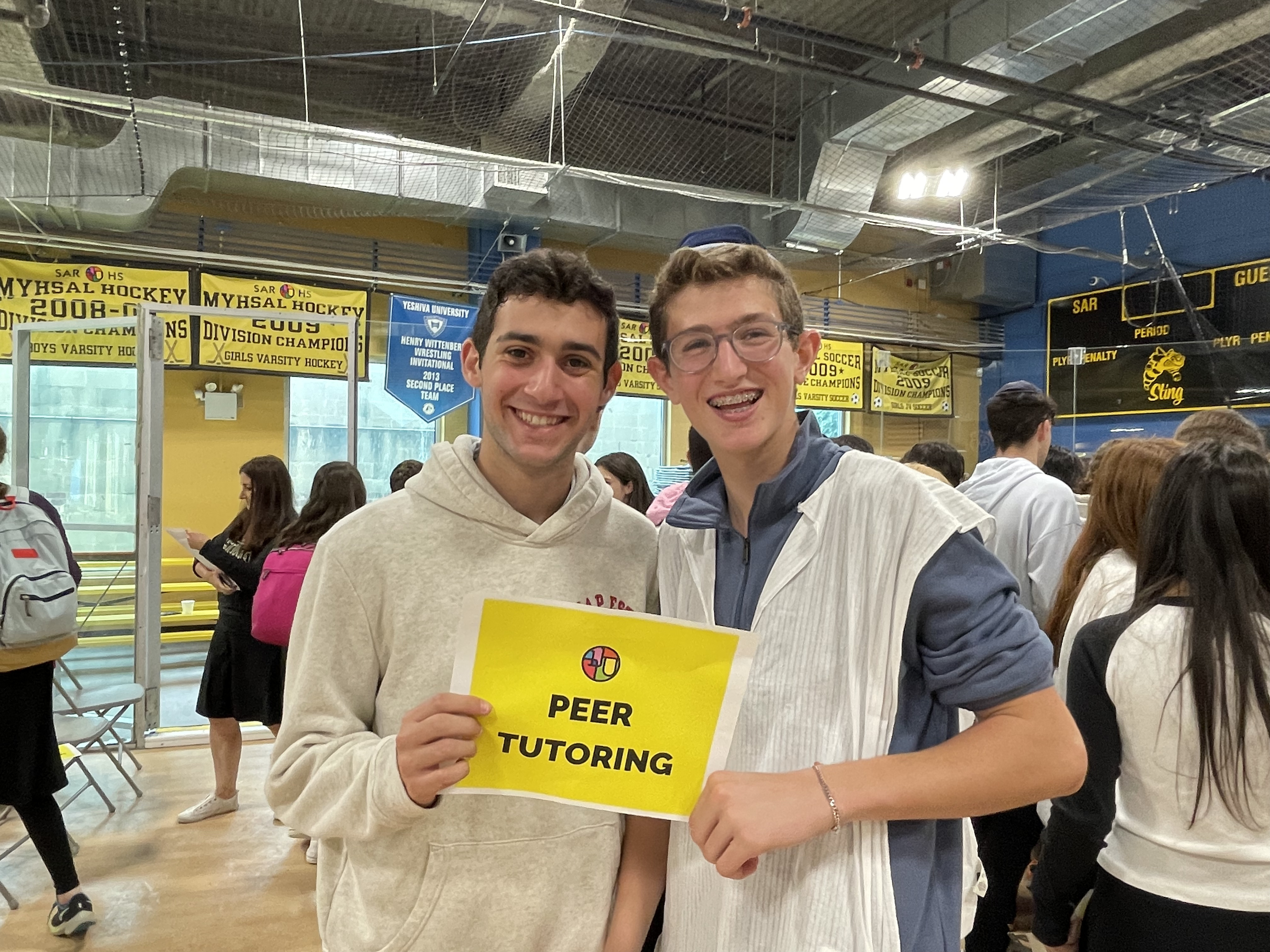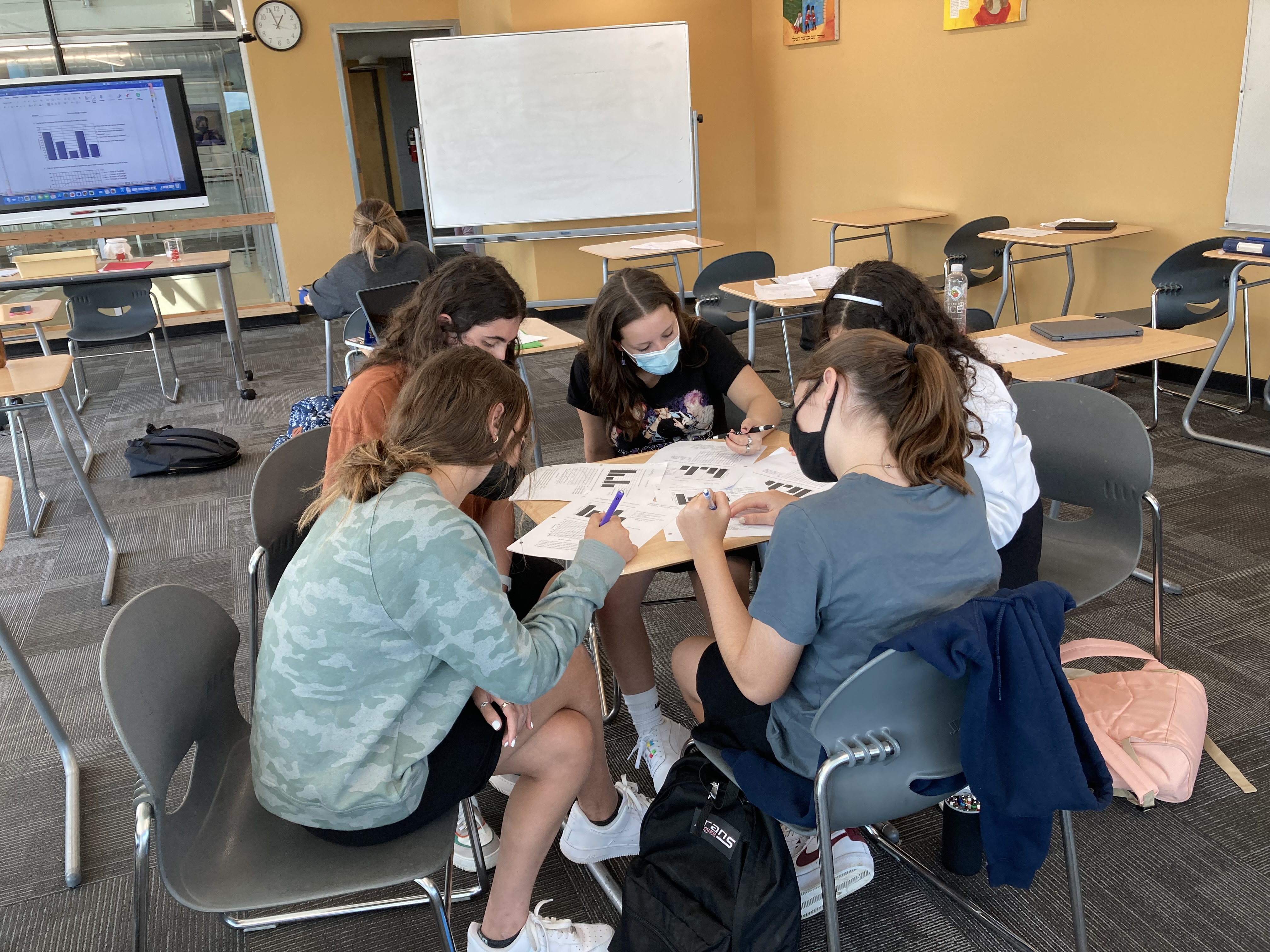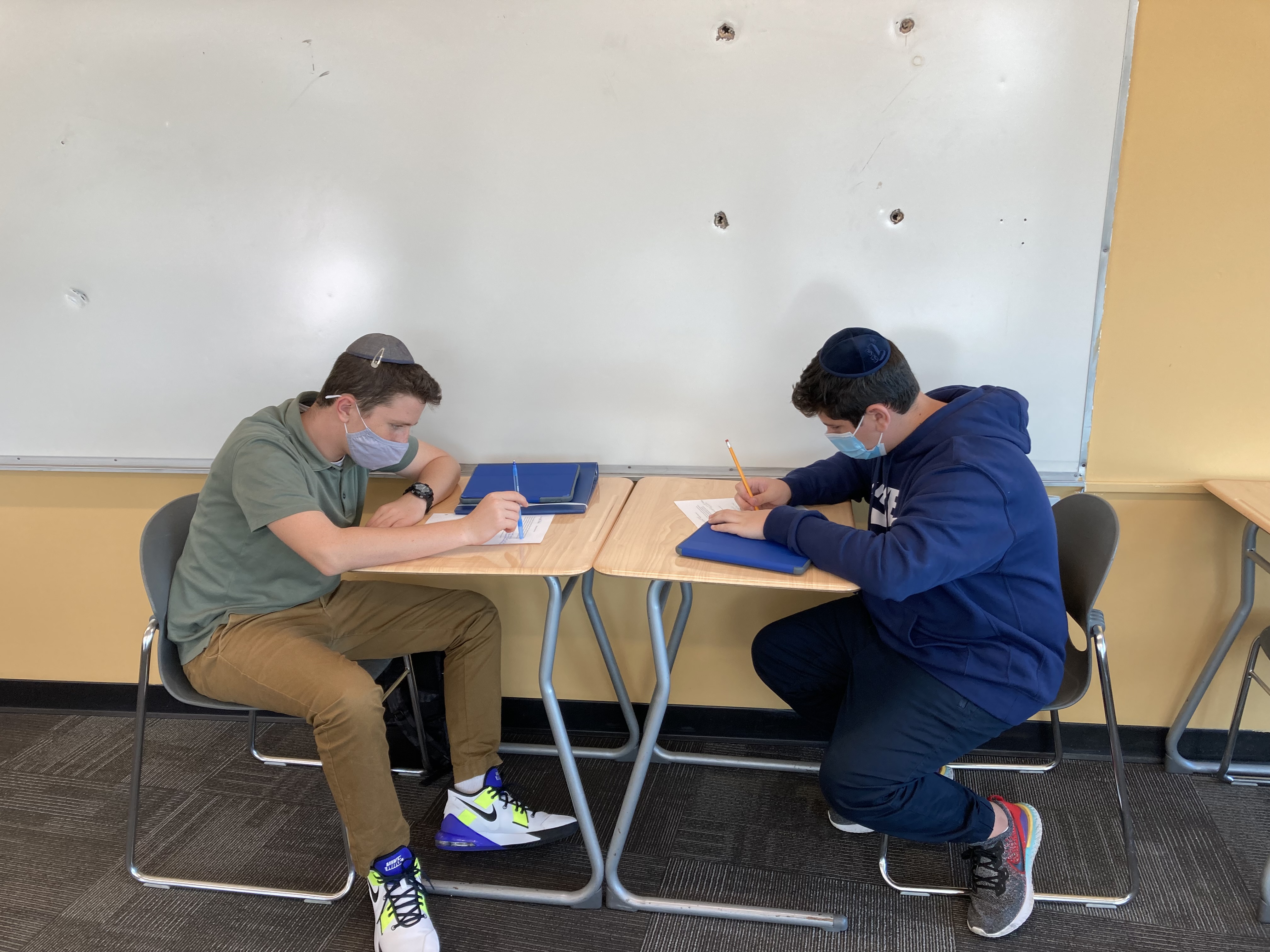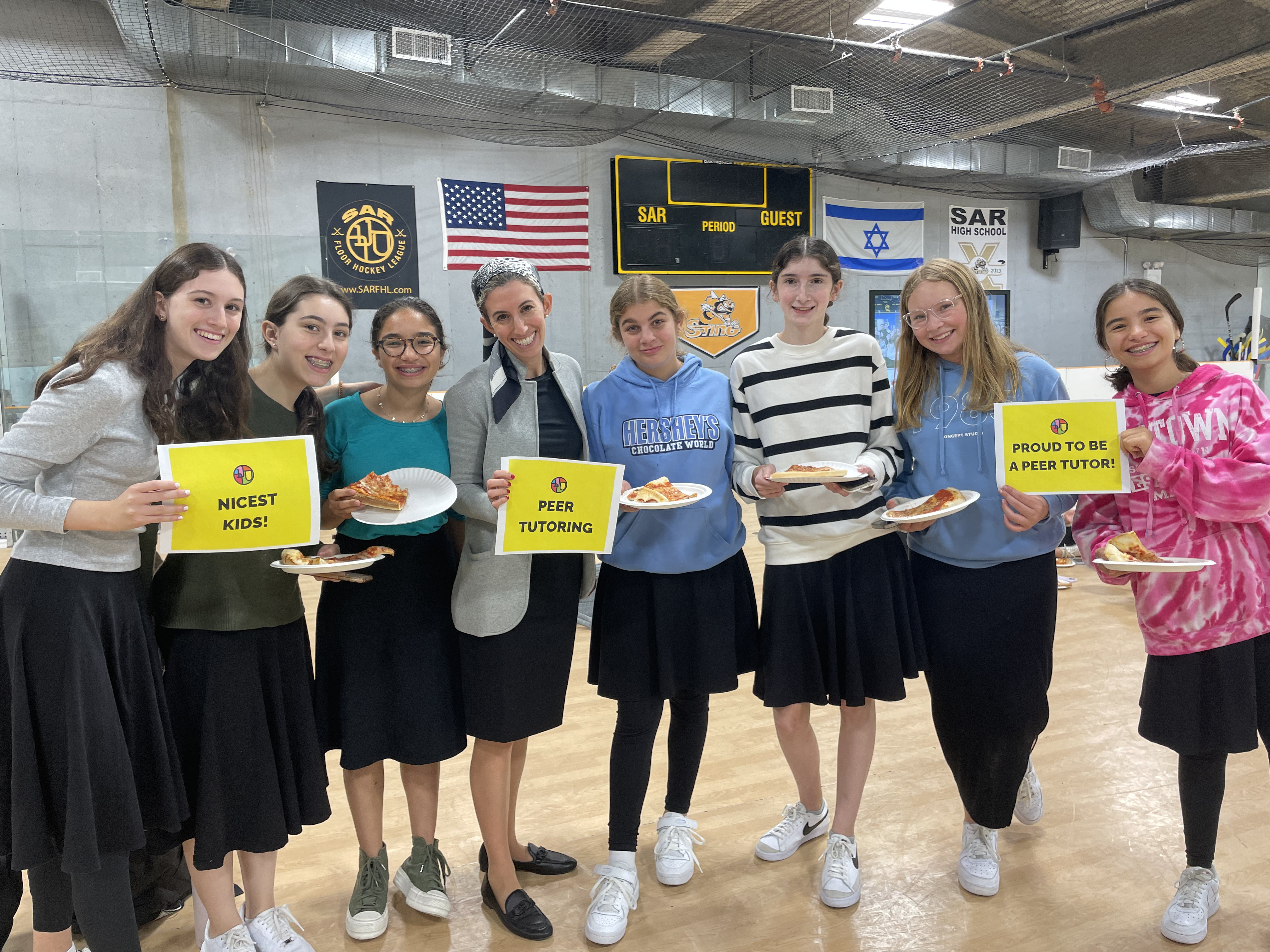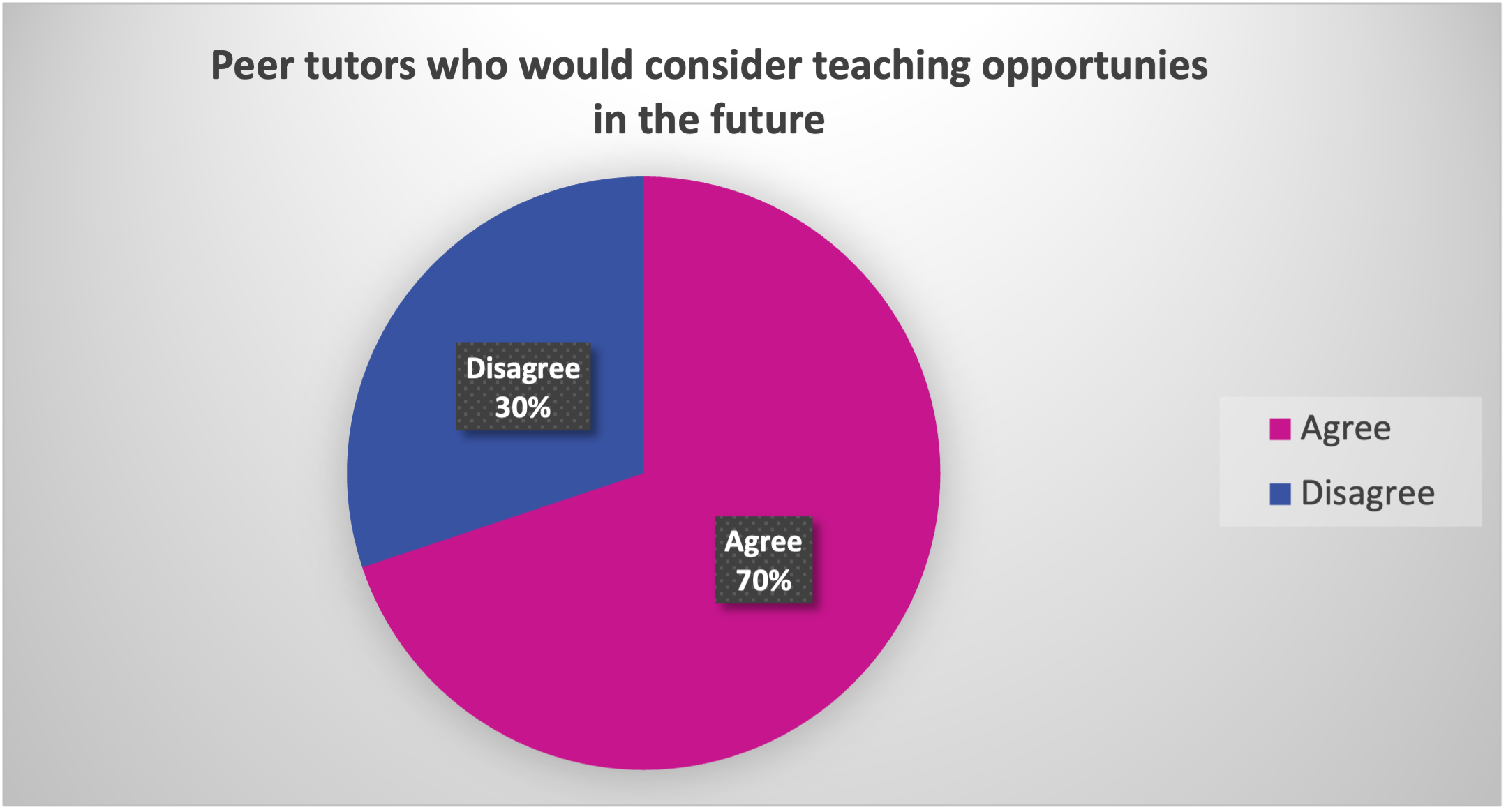As a scientist, I’m familiar with running experiments in the lab and discovering unexpected things. Except this time my lab was the classroom, and my unexpected discovery was an untapped source of enthusiastic future teachers.
In 2021, schools were trying to return to normalcy after Covid-19. The gap in my students’ science skills was evident, as were elevated feelings of anxiety and isolation. Innovative solutions were needed; tutoring was not an option for all, since some families’ finances had taken a hit. Teachers were burnt out and couldn’t be expected to take on extra hours or projects. So I started a peer tutoring leadership program at SAR, where students were provided with tutor training, mentoring and an opportunity to contribute to their community in a positive and meaningful way. My mission had an impact on students in ways that I hadn’t expected.
When the peer tutoring program was scheduled to end on Memorial Day weekend last May, I noticed that some tutors continued to log additional meeting hours well into exam season. I reminded tutors that the program had ended, and they no longer had an obligation to continue tutoring. Their response was that they found tutoring rewarding and wanted to continue. I was intrigued.



